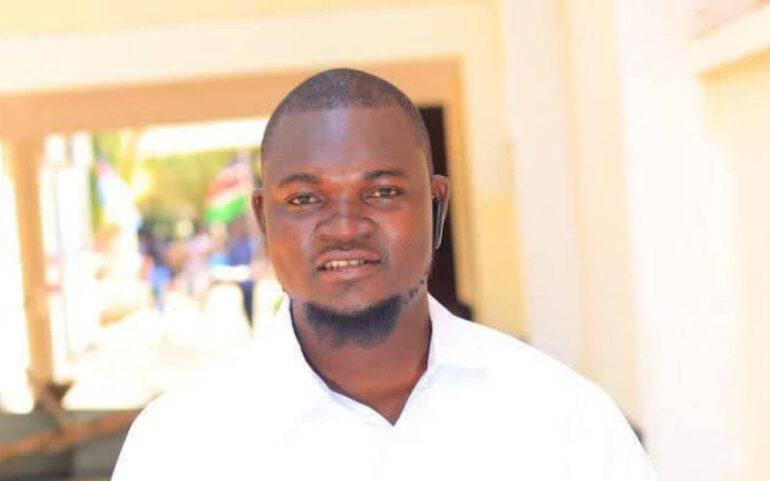X influencer and Teacher Albert Ojwang died mysteriously over the weekend while in police custody following his arrest on Saturday, 7th June, for allegedly sharing false information on his social platforms.
He was arrested in Migori, where he had traveled to visit his family, when he was arrested by the Directorate of Criminal Investigations (DCI) and shipped to Nairobi Central Police, where he lost his life, according to Central Police Police Boss Stephen Okal, Ojwang injured himself while in custody alone.
He said” He was rushed to the hospital after what we think was an attempted suicide. He had injured himself in the head and was rushed to the hospital, where he was pronounced dead on arrival.”
The news has sparked widespread public outrage, with many demanding transparency and accountability from the National Police Service (NPS). Kenyans online expressed their frustration, pointing to what they say is a growing trend of suppressing dissenting voices on digital platforms through intimidation or punitive measures.
In response to public pressure, the NPS released an official statement through their X account that says, “We are deeply saddened by the death of the influencer in custody. The National Police Service is committed to uphold the rule of law and ensure all detainees are treated with dignity. An immediate investigation has been launched, involving internal units and oversight by the Independent Policing Oversight Authority (IPOA). Preliminary reports show the detainee received medical attention and was in stable condition. The cause of death is under forensic examination.”
While the police emphasize that the detainee had received medical attention and was in a stable condition before the incident, civil society actors and legal experts are calling for a fully independent and transparent inquiry. IPOA, the oversight body mandated to investigate deaths and injuries in police custody, has reportedly taken up the case and forensic autopsy is expected to establish the official cause of death.
This incident reignites conversations about digital rights, the limits of state power, and the treatment of individuals held by law enforcement agencies. Authorities ought to ensure justice is served and that accountability is not swept under the rug.
